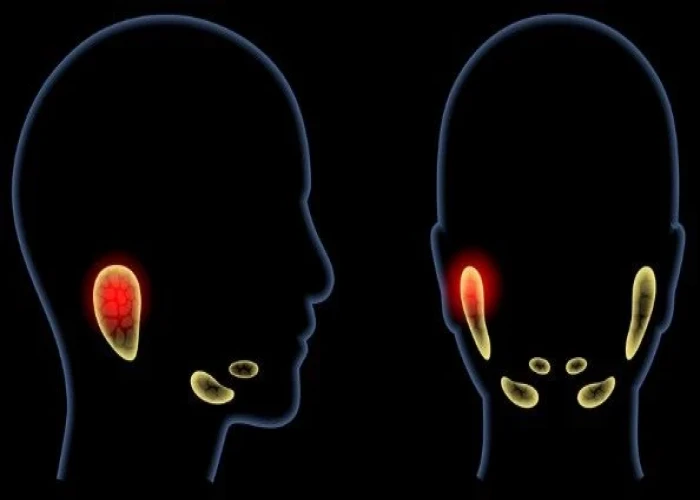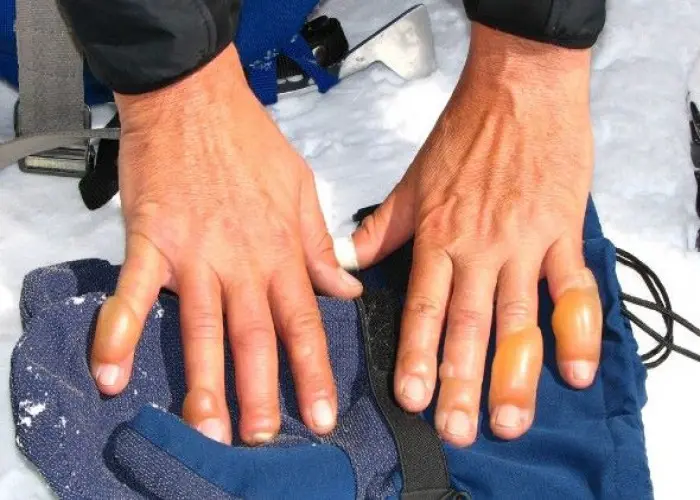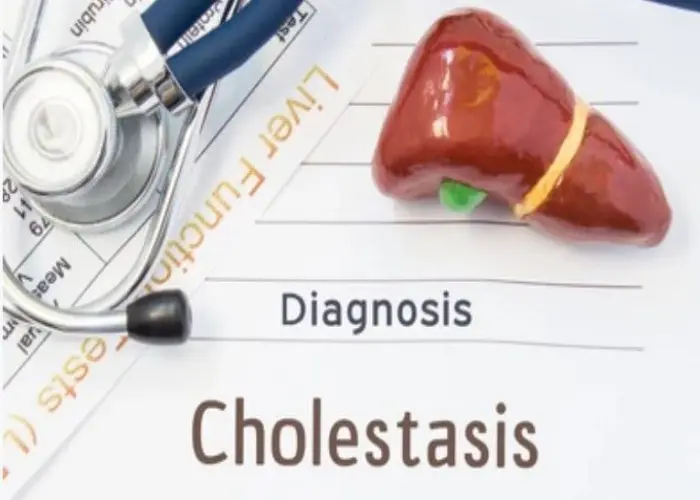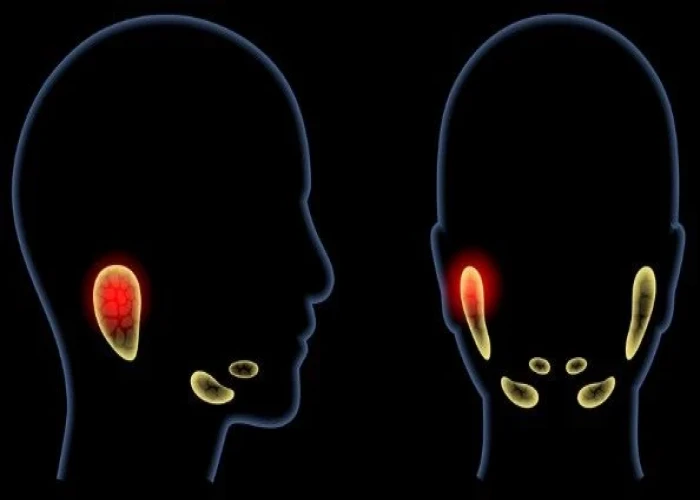 Welcome
Welcome
“May all be happy, may all be healed, may all be at peace and may no one ever suffer."
Mumps

Mumps is a viral infection that affects the salivary glands, which are located below and in front of the ears. Mumps is caused by the mumps virus, which is spread from person to person through respiratory droplets or direct contact with saliva or mucus from an infected person.
The symptoms of mumps typically develop about two to three weeks after exposure to the virus and can include:
- Swelling and pain in one or both salivary glands, which causes puffy cheeks and a swollen jaw
- Fever
- Headache
- Muscle aches
- Fatigue
- Loss of appetite
- Pain while chewing or swallowing
In some cases, mumps can lead to more serious complications, such as inflammation of the brain (encephalitis), inflammation of the testicles (orchitis) in males, inflammation of the ovaries (oophoritis) in females, and deafness.
There is no specific treatment for mumps, but supportive care can help manage symptoms. This may include bed rest, pain relievers, warm or cold compresses to reduce swelling, and plenty of fluids to prevent dehydration. In most cases, people with mumps recover fully within a few weeks.
The best way to prevent mumps is through vaccination with the MMR (measles, mumps, and rubella) vaccine, which is recommended for all children and adults who have not been vaccinated or have not had mumps before. The vaccine is highly effective in preventing mumps and its complications. Good hygiene practices, such as frequent hand washing, covering your mouth and nose when coughing or sneezing, and avoiding sharing drinks or utensils with others, can also help prevent the spread of mumps.
Research Papers
Disease Signs and Symptoms
- Fever
- Difficulty swallowing (dysphagia)
- Headaches
- Muscle pain
- Weakness
- Loss of appetite
- Most muscle cramps develop in the leg muscles, particularly in the calf.
- Besides the sudden, sharp pain, might also feel or see a hard lump of muscle tissue beneath the skin.
Disease Causes
Mumps
Mumps is caused by a virus that spreads easily from person to person through infected saliva. If you're not immune, you can contract mumps by breathing in saliva droplets from an infected person who has just sneezed or coughed. You can also contract mumps from sharing utensils or cups with someone who has mumps.
Disease Prevents
Mumps
The best way to prevent mumps is to be vaccinated against the disease. Most people have immunity to mumps once they're fully vaccinated.
The mumps vaccine is usually given as a combined measles-mumps-rubella (MMR) inoculation, which contains the safest and most effective form of each vaccine. Two doses of the MMR vaccine are recommended before a child enters school. Those vaccines should be given when the child is:
- Between the ages of 12 and 15 months
- Between the ages of 4 and 6 years
College students, international travelers and health care workers in particular are encouraged to make sure they've had two doses of the MMR vaccine. A single dose is not completely effective at preventing mumps.
A third dose of vaccine isn't routinely recommended. But your doctor might recommend a third dose if you are in an area that is experiencing an outbreak. A study of a recent mumps outbreak on a college campus showed that students who received a third dose of MMR vaccine had a much lower risk of contracting the disease.
Those who don't need the MMR vaccine
You don't need a vaccination if you:
- Had two doses of the MMR vaccine after 12 months of age
- Had one dose of MMR after 12 months of age and you're a preschool child or an adult who isn't at high risk of measles or mumps exposure
- Have blood tests that demonstrate your immunity to measles, mumps and rubella
- Were born before 1957 — most people in that age group were likely infected by the virus naturally and have immunity
Also, the vaccine isn't recommended for:
- People who have had a life-threatening allergic reaction to the antibiotic neomycin or any other component of the MMR vaccine
- Pregnant women or women who plan to get pregnant within the next four weeks
- People with severely compromised immune systems
Those who should get the MMR vaccine
You should get vaccinated if you don't fit the criteria listed above and if you:
- Are a nonpregnant woman of childbearing age
- Attend college or another postsecondary school
- Work in a hospital, medical facility, child care center or school
- Plan to travel overseas or take a cruise
Those who should wait to get the MMR vaccine
Consider waiting if:
- You're moderately or severely ill. Wait until you recover.
- You're pregnant. Wait until after you give birth.
Those who should check with their doctors
Talk to your doctor before getting vaccinated for mumps if you:
- Have cancer
- Have a blood disorder
- Have a disease that affects your immune system, such as HIV/AIDS
- Are being treated with drugs, such as steroids, that affect your immune system
- Have received another vaccine within the past four weeks
Side effects of the vaccine
The MMR vaccine is very safe and effective. Getting the MMR vaccine is much safer than getting mumps.
Most people experience no side effects from the vaccine. Some people experience a mild fever or rash or achy joints for a short time.
Rarely, children who get the MMR vaccine might experience a seizure caused by fever. But these seizures haven't been associated with any long-term problems.
Extensive reports — from the American Academy of Pediatrics, the Institute of Medicine and the Centers for Disease Control and Prevention — conclude that there's no link between the MMR vaccine and autism.
Disease Treatments
Disease Diagnoses
Disease Allopathic Generics
-
Phenoxymethyl Penicillin [Penicillin V]
Medicines containing ferroxymethyl penicillin for mild inflammation.
Adult 1/2 pill (250mg) 4 times a day for 7-10 days.
-
Amoxicillin Trihydrate
Medicines containing amoxicillin for more inflammation.
1 or 1/2 teaspoon 3 times a day for 5/7 days.
-
Paracetamol
Medicines containing paracetamol for pain.
-
Mefenamic acid
1 pill 3 times a day.
-
Diclofenac Sodium
Sometimes a curation group may be needed.
1 pill 4 times a day for 5 days. 1 pill 3 times a day for 5 days. And 1 pill 2 times a day for 5 days.
Disease Ayurvedic Generics
Disease Homeopathic Generics
-
Aconite
1X, 3X, 30 power.
-
Mercurius iodatus ruber
3X, 30 power.
-
Silicea
6, 30, 200 power.
-
Hepar sulphur
6, 30 power.
-
Phytolacca
1X, 3X power.
Disease yoga
Mumps and Learn More about Diseases

Frostbite

Chronic exertional compartment syndrome

Cholestasis of pregnancy

Vitiligo (Leucoderma)

Osteochondritis dissecans

Hypoplastic left heart syndrome

Systemic capillary leak syndrome

Dysarthria
mumps, মাম্পস
To be happy, beautiful, healthy, wealthy, hale and long-lived stay with DM3S.
